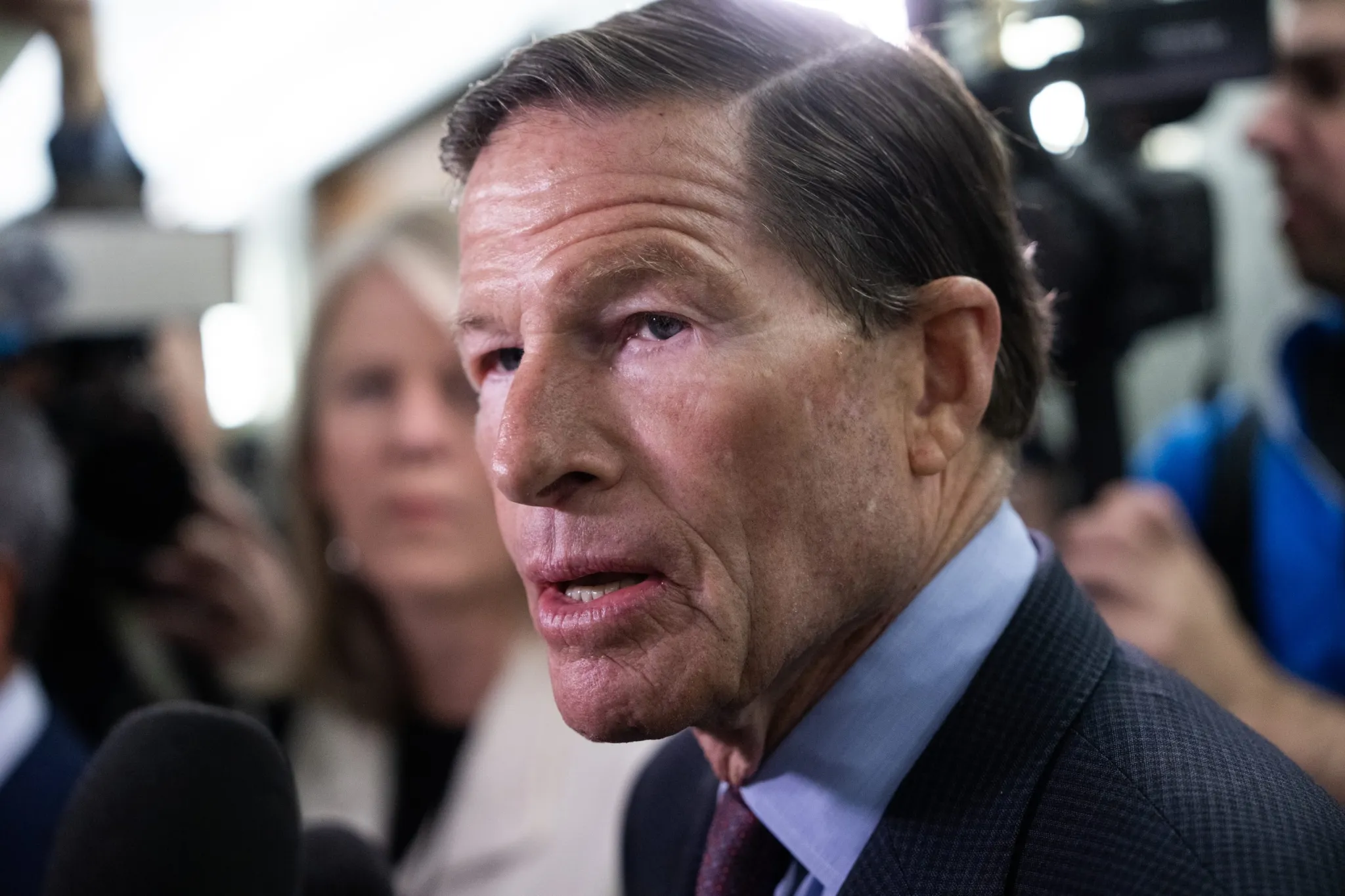Jack Dorsey tells Block employees Tuesday is a 'no meeting day.' Here’s why that lifts the spirits of 'makers'
At some point, meetings are counterproductive—and employees must be given a block of time without them to get work done.
That sentiment has led some companies to implement a “no-meeting day” policy. Last year, for instance, Shopify made Wednesday such a day, part of a “calendar purge” to give employees more time to focus. Soon after, workers trying to schedule a meeting on that day received an automated Slack reminder asking them to reconsider.
Block, the financial technology firm helmed by Twitter cofounder Jack Dorsey, recently settled on Tuesday as its no-meeting day.
Kristen Anderson, who serves as product lead for Block’s Cash App, celebrated the move on Friday, writing on X: “So @jack made Tuesdays a ‘No Meeting Day’ across Block, and I am unbelievably pumped…Less talk about the work. More work. Here for it.”
Jeff Stephens, CTO at Dignari, replied: “This really needs to become standard practice. Meeting fatigue is real and not just due to the quantity of meetings. Many times it’s just a few meetings but they are sprinkled throughout the day just enough to prevent real quality work being done in the gaps.”
Paul Graham, an influential Silicon Valley essayist who cofounded the startup accelerator Y Combinator, delved into the problem of too many meetings in a 2009 post entitled “Maker’s Schedule, Manager’s Schedule.”
In it, he described the differences between how a maker views meetings, versus how a manager does.
The schedule of a manager, he noted, often consists of one meeting after another, with a day cut into one-hour intervals. But a maker—say, a programmer or writer—needs at least half a day to get real work done. If a meeting is inserted into that block of time, it’s a “disaster” for a maker, Graham wrote: “A single meeting can blow a whole afternoon, by breaking it into two pieces each too small to do anything hard in.”
Worse, a meeting in the afternoon can cause a maker to not start anything ambitious in the morning, knowing the day will be interrupted later. That, in turn, can hurt morale. As Graham put it:
“Don’t your spirits rise at the thought of having an entire day free to work, with no appointments at all? Well, that means your spirits are correspondingly depressed when you don’t. And ambitious projects are by definition close to the limits of your capacity. A small decrease in morale is enough to kill them off.”
This helps explain why someone like Anderson is “unbelievably pumped” to have a day with no meetings.
Aram Attar, founder of The VC Factory in Paris, responded to Anderson’s post by describing Graham’s essay as “one of the most defining pieces of business thought” he’d ever read, calling it “truly worklife changing.”
Not every company that tries a no-meeting day likes it, however. Last August, Zoom announced an end to Wednesday being such a day.
“We move fast, and this effort has become more of a barrier to collaboration than it was intended,” CEO Eric Yuan wrote in a memo. “And as an increasingly global company, no Internal Meeting Wednesday creates a lack of clarity for Zoomies working across multiple time zones.”




